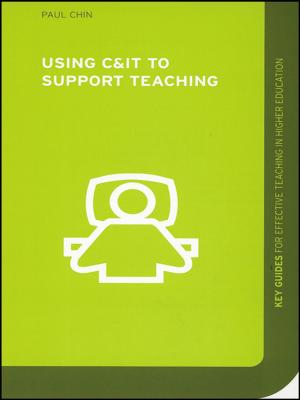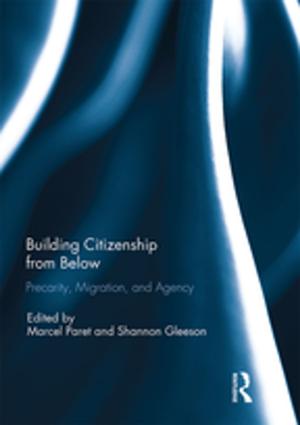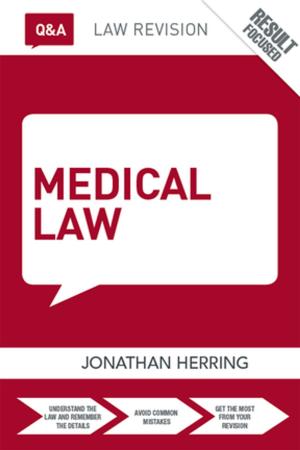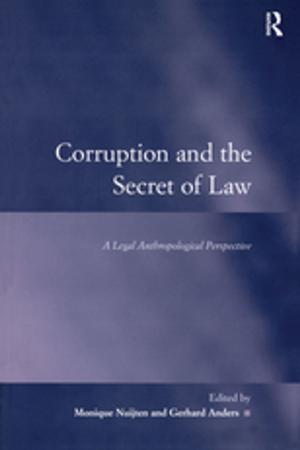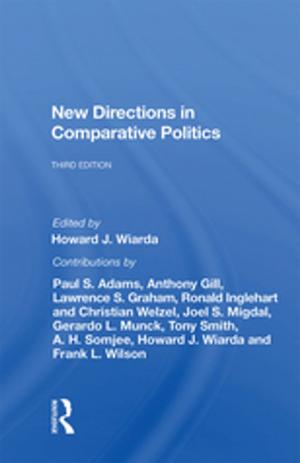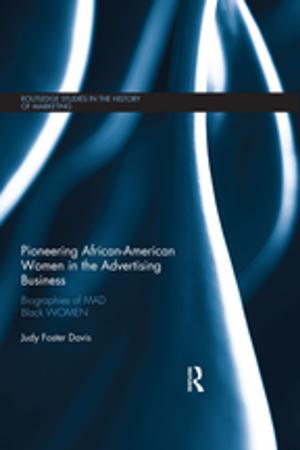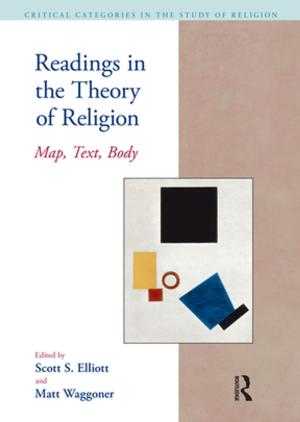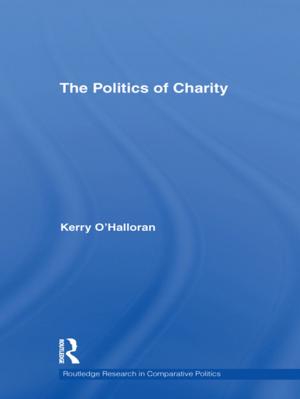Smog Check
Science, Federalism, and the Politics of Clean Air
Nonfiction, Science & Nature, Technology, Engineering, Environmental, Nature, Environment, Ecology| Author: | Douglas S. Eisinger | ISBN: | 9781136527173 |
| Publisher: | Taylor and Francis | Publication: | August 21, 2012 |
| Imprint: | Routledge | Language: | English |
| Author: | Douglas S. Eisinger |
| ISBN: | 9781136527173 |
| Publisher: | Taylor and Francis |
| Publication: | August 21, 2012 |
| Imprint: | Routledge |
| Language: | English |
When federal and state governments battle over environmental regulations, whose approach should prevail? Shortly after passage of the 1990 Clean Air Act Amendments, a controversial U.S. EPA mandate led to an intense conflict between federal regulators and California politicians. The disagreement pitted EPA's required overhaul of auto inspections against California's desire to self-govern its test program - popularly called 'Smog Check.' The conflict nearly upended the Clean Air Act, and triggered dramatic policy shifts throughout the United States. Smog Check presents these struggles in first-hand detail. Eisinger, an EPA official at the time of this conflict, probes deeply into the issues and explores broader questions including: when does it become imperative for agencies to bargain with one another, when should regulatory flexibility and performance-based regulations be favored over command and control approaches, and what should be done when decisions need to be made in the face of scientific disagreement? The book also includes insightful commentary from other EPA participants in the Smog Check controversy. Smog Check's lessons will be relevant to climate change, air pollution control, and numerous other policy challenges.
When federal and state governments battle over environmental regulations, whose approach should prevail? Shortly after passage of the 1990 Clean Air Act Amendments, a controversial U.S. EPA mandate led to an intense conflict between federal regulators and California politicians. The disagreement pitted EPA's required overhaul of auto inspections against California's desire to self-govern its test program - popularly called 'Smog Check.' The conflict nearly upended the Clean Air Act, and triggered dramatic policy shifts throughout the United States. Smog Check presents these struggles in first-hand detail. Eisinger, an EPA official at the time of this conflict, probes deeply into the issues and explores broader questions including: when does it become imperative for agencies to bargain with one another, when should regulatory flexibility and performance-based regulations be favored over command and control approaches, and what should be done when decisions need to be made in the face of scientific disagreement? The book also includes insightful commentary from other EPA participants in the Smog Check controversy. Smog Check's lessons will be relevant to climate change, air pollution control, and numerous other policy challenges.

